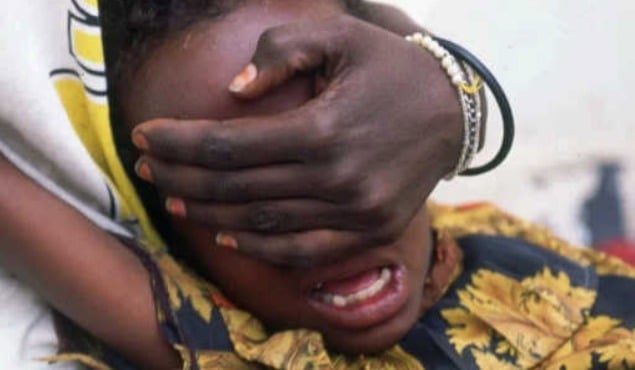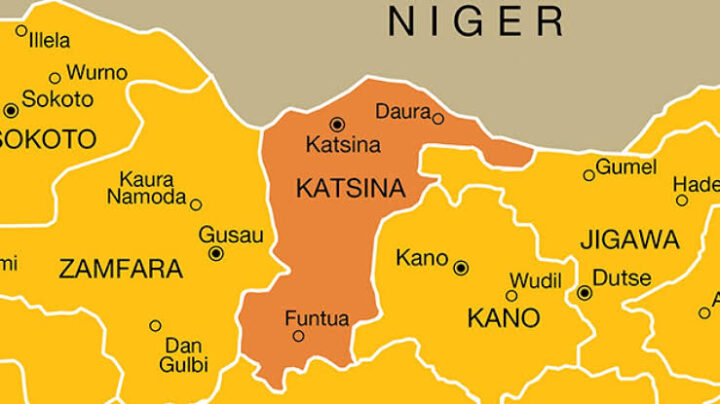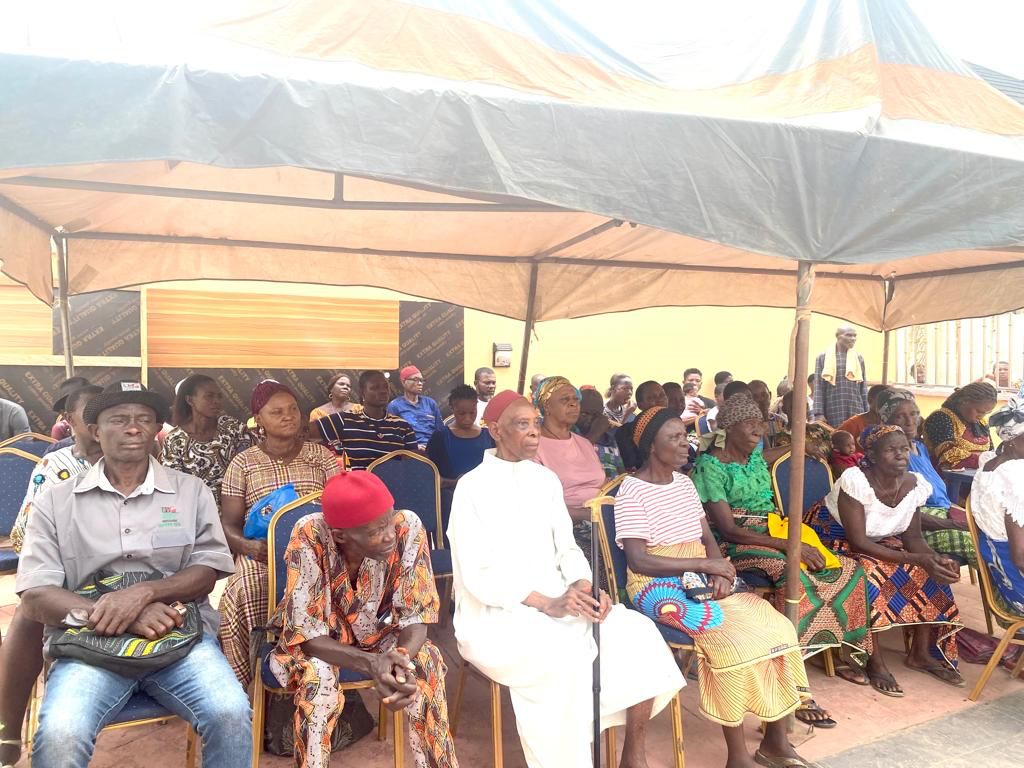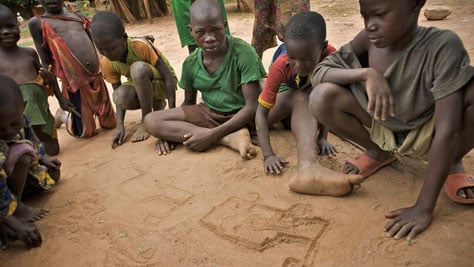ImpactHouse Centre for Development Communication, a non-governmental organisation (NGO), says Nigeria needs to ensure strict enforcement of laws against female genital mutilation (FGM) to meet the sustainable development goals (SDG) targets by 2030.
In a statement on Tuesday to mark the Day of Zero Tolerance for FGM, the centre said Nigeria has the third-highest number of women and girls who have experienced the harmful practice.
February 6 is set aside as the international day of zero tolerance for FGM by the UN General Assembly to amplify the efforts to end the practice.
The centre expressed concern about citizens’ attitudes towards partaking in actions focused on eliminating harmful traditional practices in the country.
Advertisement
“Nigeria has a Sustainable Development Goal (SDG) 5 target of eliminating all harmful practices, including FGM, by 2030, but the country’s failure to strictly enforce the law banning FGM and other harmful practices against women and girls is emboldening many citizens to indulge in the acts,” the statement reads.
“In a 2022 report, the United Nations International Children’s Emergency Fund (UNICEF) revealed that the country had the third-highest number of women and girls who have experienced FGM worldwide, with an estimated 19.9 million survivors.
“One of the states in Nigeria where FGM still thrives despite its ban is Imo, with some grandmothers claiming that circumcision will help reduce promiscuity in children when they become adults.
Advertisement
“Nigeria signed and ratified the Maputo Protocol in 2003 and 2004 respectively. Apart from the protocol, Nigeria is a signatory to other international conventions and norms such as the Convention on the Elimination of All Forms of Discrimination Against Women and the Solemn Declaration on Gender Equality in Africa.
“Still, FGM and other forms of abuse persist in the country. We find this trend worrisome and unacceptable. FGM is often deeply entrenched in cultural beliefs and practices that have been passed down through generations.
“In many communities, it is considered a rite of passage, symbolising purity, modesty, and the eligibility of women for marriage.
“Section six (two) of the VAPP Act criminalises and punishes anyone who performs or engages another to perform female circumcision or genital mutilation.
Advertisement
“The problem in Nigeria is not the availability of the legal instrument, but the enforcement of it.”
The centre called on the government and citizens to be actively involved in initiatives aimed at addressing FGM and other harmful practices in the country.






